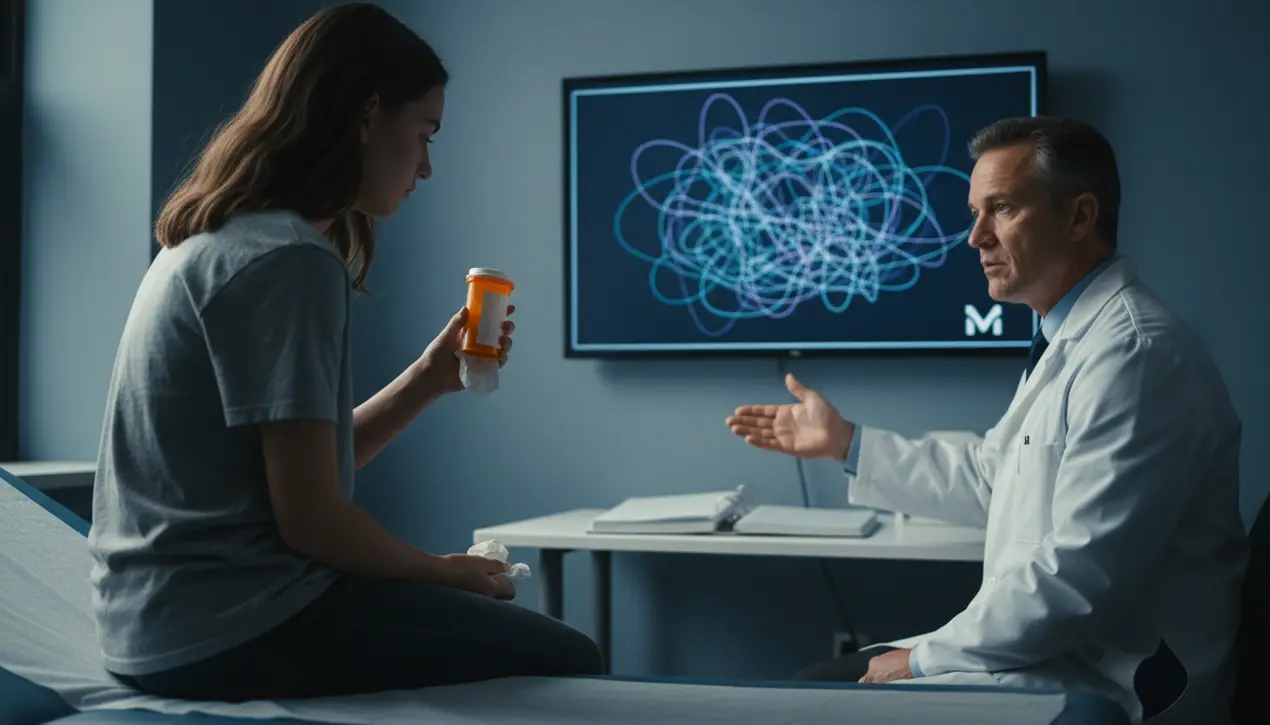
Politicsgovernments & cabinetsPolicy Agendas
The Dangerous Politicization of Antidepressants
AN
Anna Wright
16 hours ago7 min read
A vital medical decision—whether to use antidepressant medication—is being aggressively pulled from the doctor's office into the political sphere. This shift echoes the intensity of 1990s cultural debates, epitomized by Elizabeth Wurtzel's *Prozac Nation*, but is now being driven by the Make America Healthy Again (MAHA) movement.Spearheaded by Health and Human Services Secretary Robert F. Kennedy Jr., the movement promotes claims that are dangerously at odds with scientific consensus. His assertions—that quitting SSRIs is harder than overcoming heroin addiction and that a vague connection exists to mass shootings—have seeded a potent strain of misinformation.The first claim conflates the physical process of withdrawal with the complex behavioral disorder of addiction, while the second has been thoroughly refuted by studies, including one finding that just 4 percent of mass shooters had ever been prescribed such a drug. This politicization risks stigmatizing a treatment that is, for countless individuals, essential for survival.This political firestorm obscures a genuine public health crisis: antidepressant prescriptions, especially for teen girls and young adults, rose by nearly 64 percent following the pandemic. This surge aligns with documented increases in profound sadness and hopelessness, particularly among vulnerable groups like LGBTQ+ youth, pointing to a system overwhelmed by a true mental health emergency, not simply overprescription.The situation is further complicated by the medications themselves; while lifesaving for some, they are ineffective for roughly half of patients and can cause side effects like emotional blunting and sexual dysfunction. Discontinuation poses its own challenges, with a significant minority of patients experiencing withdrawal symptoms from dizziness to severe suicidal thoughts, necessitating careful, medically supervised tapering.Recent FDA scrutiny into SSRI use in pregnancy highlights the delicate risk-benefit analyses involved, where leading obstetric organizations maintain that the dangers of untreated depression far outweigh unproven, serious risks to a fetus. The core conflict, therefore, is not about the validity of questioning our mental health infrastructure, but about the peril of framing those questions within an evidence-deficient political narrative.When a high-ranking government official circulates falsehoods, it can undermine public trust, discourage people from seeking vital care, and drown out the nuanced discussions we urgently need—about improving access to talk therapy, addressing societal loneliness, and ensuring every person has the right tools for their unique mental health journey. This war on antidepressants is fundamentally a battle over narrative, one with devastating real-world consequences for those navigating the complexities of mental illness.
#antidepressants
#mental health
#RFK Jr
#MAHA movement
#healthcare policy
#regulation
#featured
Stay Informed. Act Smarter.
Get weekly highlights, major headlines, and expert insights — then put your knowledge to work in our live prediction markets.
Comments
Loading comments...
© 2025 Outpoll Service LTD. All rights reserved.